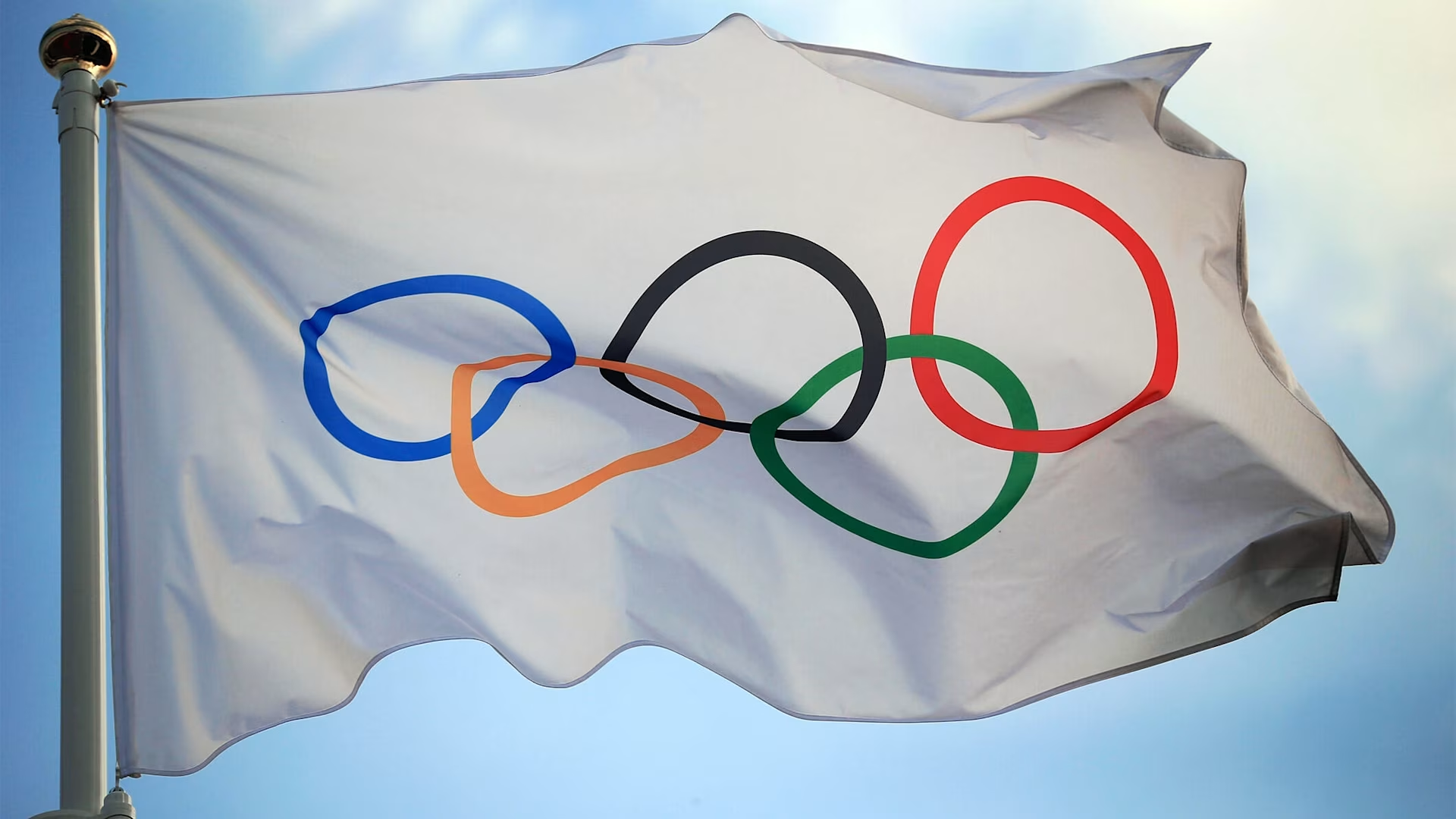
The Olympics, the grandest sporting event on the planet, is more than just a competition—it’s a celebration of human potential, unity, and the enduring spirit of sport. Every four years, the world comes together to witness extraordinary feats of athleticism, but there’s much more to the Olympics than meets the eye.
Let’s dive into the fascinating history, notable facts, and some lesser-known tidbits that make the Olympics truly special.
The Origins of the Olympics
The Olympics trace their origins back to ancient Greece in 776 BC, where they were held in Olympia. These games were part of a religious festival dedicated to Zeus, the king of the Greek gods. The ancient games included events such as running, long jump, shot put, javelin, boxing, and equestrian events.
The Modern Olympics
The modern Olympic Games were revived in 1896 by French educator and historian Pierre de Coubertin. The first modern Olympics were held in Athens, Greece, with 14 nations participating in 43 events. This revival marked the beginning of what would become the world’s foremost sports competition.
Read: Paris Olympics 2024: D’Tigress Triumph Over Australia in Debut Game
Africa’s First Participation

Africa’s involvement in the Olympics began with the 1908 London Games. Reggie Walker of South Africa made history by winning the gold medal in the 100 meters, becoming the first African to win an Olympic gold. However, in the 1960 Rome Olympics, more African nations began to participate significantly. Ethiopia’s Abebe Bikila won the marathon barefoot, becoming the first black African to win an Olympic gold medal.
Nigeria’s Olympic Journey
Nigeria made its Olympic debut in 1952 at the Helsinki Games. Although the initial outings were modest, Nigeria’s athletes gradually made their mark, culminating in significant achievements in various sports.
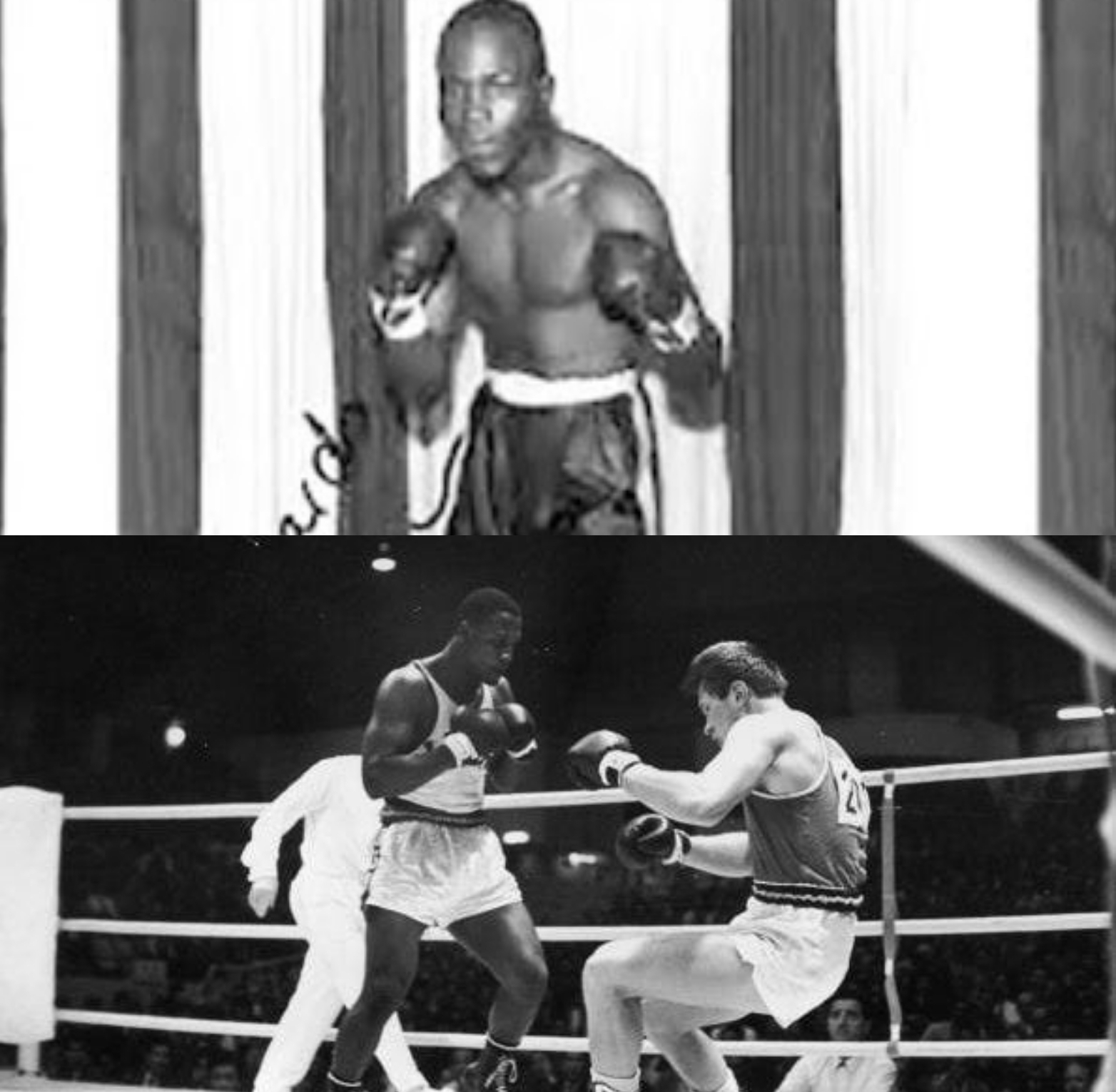
Nigeria’s first Olympic medal came at the Tokyo 1964 Games when Nojeem Maiyegun won bronze in boxing (light middleweight category). This achievement ignited a passion for the nation’s success in the Olympics.
Chioma Ajunwa won Nigeria’s first gold medal in the long jump at the Atlanta 1996 Games. Ajunwa’s leap of 7.12 meters not only secured gold but also set an African record. Nigeria’s men’s football team clinched gold the same year, defeating Argentina in a thrilling final. This victory was monumental, as it was the first time an African nation won the Olympic football tournament.
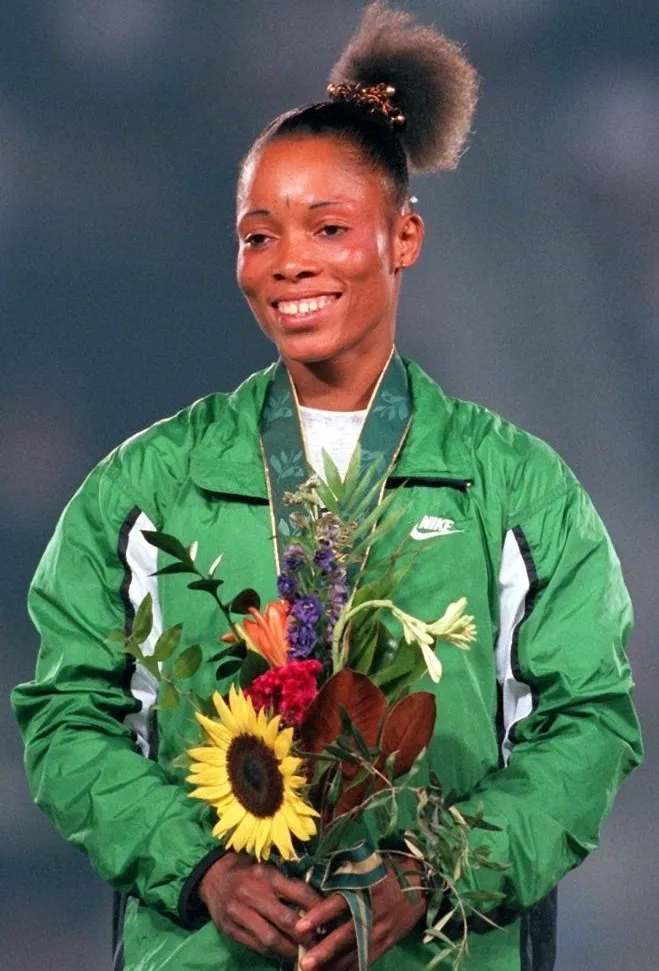
Notable Facts About the Olympics
1. The Five Rings: The Olympic rings, designed by Pierre de Coubertin in 1913, represent the five inhabited continents of the world—Africa, the Americas, Asia, Europe, and Oceania. The interlocking rings symbolize unity among the nations.
2. The Olympic Flame: The Olympic flame is a tradition that dates back to the ancient O-+63lympics. The flame is lit in Olympia, Greece, and then carried to the host city through a relay system. It represents purity, the endeavor for perfection, and the struggle for victory.
3. Host Cities: The Olympics have been held in various cities worldwide, with some cities hosting more than once. London has hosted the Summer Olympics three times (1908, 1948, 2012), while Los Angeles will join this club when it hosts the 2028 Games.
4. Women in the Olympics: Women first competed in the Olympics in 1900 in Paris. 22 women out of 997 athletes participated in events like tennis, sailing, croquet, equestrian, and golf. Over the years, female participation has grown significantly, reaching parity in the Tokyo 2020 Olympics.
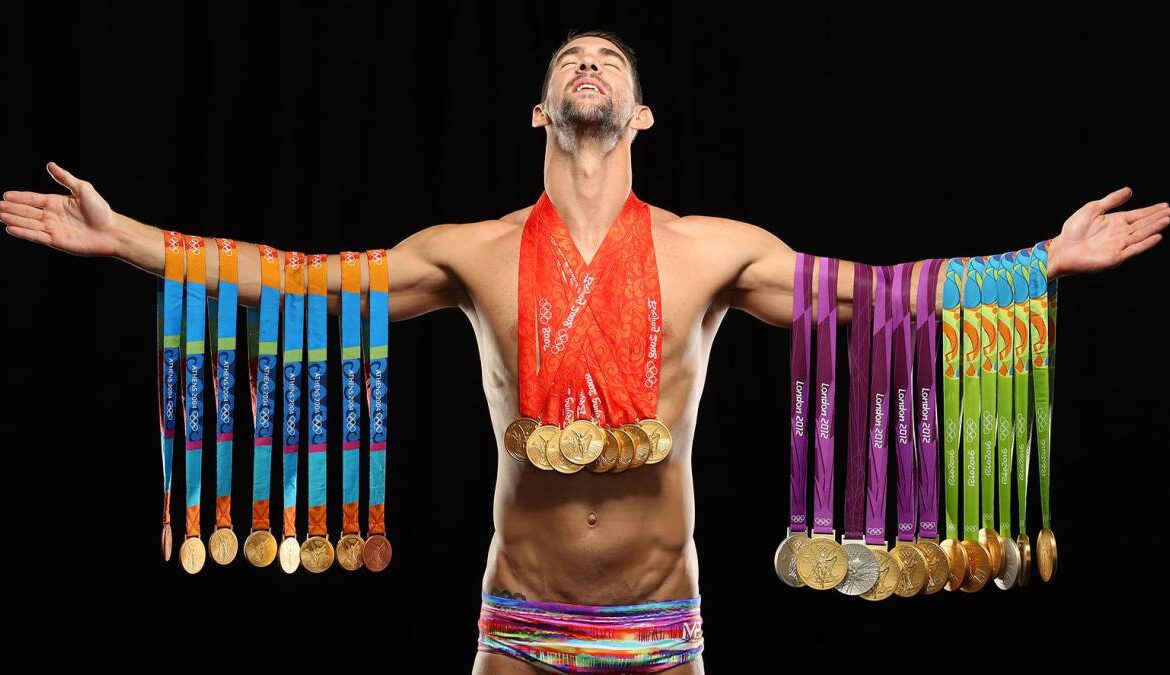
5. Most Decorated Olympians: Michael Phelps, an American swimmer, holds the record for the most Olympic medals, with a staggering 28 medals, 23 of which are gold. Gymnast Larisa Latynina of the Soviet Union has the record for the most Olympic medals by a female athlete, with 18 medals, including nine golds.
Read: Eric Moussambani: The Inspiring Story of ‘Eric the Eel’ at the 2000…
Lesser-Known Facts About the Olympics
1. The First Winter Olympics: The first Winter Olympics were held in Chamonix, France 1924. Initially called “International Winter Sports Week,” it was later retroactively named the first Winter Olympic Games.
2. Art Competitions: From 1912 to 1948, the Olympics included competitions in the arts, awarding medals for architecture, literature, music, painting, and sculpture. These events were eventually discontinued due to the difficulty in maintaining amateur status among artists.
3. The Youngest and Oldest Olympians: The youngest known Olympic competitor is Dimitrios Loundras, a Greek gymnast who competed in 1896 at age 10. The oldest Olympic medalist was Oscar Swahn of Sweden, who won his last medal in shooting at the age of 72 in 1920.
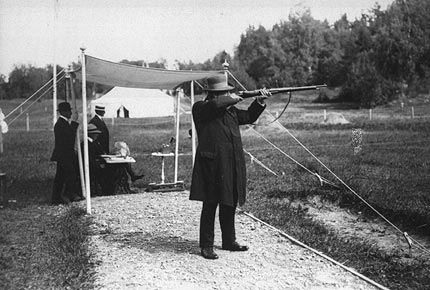
4. Countries That No Longer Exist: Several countries that participated in the Olympics no longer exist. These include the Soviet Union, East Germany, and Yugoslavia. Their athletes now compete under different flags, reflecting the geopolitical changes of the 20th and 21st centuries.
5. Unusual Sports: The Olympics have featured some unusual sports over the years. Tug-of-war was part of the games from 1900 to 1920, while live pigeon shooting was a one-time event in 1900. Other discontinued sports include solo synchronized swimming and rope climbing.
The Olympics continue to evolve, adding new sports to attract younger audiences. The Tokyo 2020 Olympics introduced sports like skateboarding, surfing, and sport climbing, while the Paris 2024 Olympics will see the debut of breakdancing. These additions reflect the Games’ dynamic nature and ability to adapt to contemporary trends.
Whether it’s the historic firsts, the incredible records, or the heartwarming stories of triumph and perseverance, the Olympics continue to inspire and captivate the world. For Nigeria and Africa, the journey has been one of pride, achievement, and a promise of more remarkable feats in the future.
Do you recall watching your first Olympics? What was the experience like?
